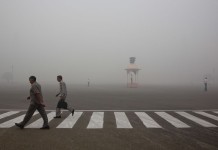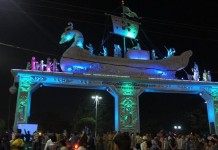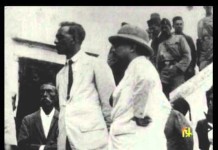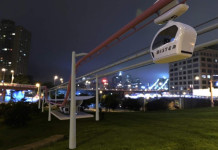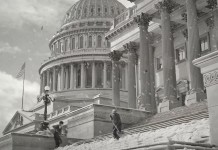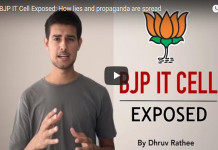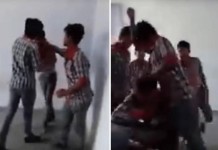As the JNU row has snowballed into a political free-for-all with BJP and opposition leaders trading charges against each other, a video points to a conspiracy behind the entire incident, involving ABVP. The video shows the ‘Pakistan Zindabad’ slogan being shouted by ABVP sympathisers.
Meanwhile, the Delhi Police have arrested a number of students including the JNU students union president Kanhaiya Kumar on the charge of sedition but none of the ABVP supporters shouting slogans there. Home Minister Rajnath Singh has said none of those involved in anti-national activities will be spared? But does the sedition charge apply to the student activists including Kanhaiya Kumar? Legal luminaries feel the other way. They say Delhi Police may find it difficult to prove the charge in court of law. Why?
Merely raising anti-establishment slogans would not be seditious unless the spoken words or actions are aimed to incite a mob or crowd to resort to violence, they explain. Kumar has been accused of organizing a public meet at the university campus on February 9. Police case states the meeting was about hanging of Afzal Guru, convicted in the Parliament Attack case, and during the course some persons including Kumar raised “incendiary slogans.”
Under the colonial era law anybody who “by words – either spoken or written – brings or attempts to bring into hatred or contempt or excites or attempts to excite disaffection towards the government” can be sent to jail for life. In 1962 the Supreme Court had, however, read down the provision even as it upheld the constitutional validity of section 124A of the Indian Penal Code (IPC) despite it restricting the right to free speech and expression.
“…words and speech can be criminalised and punished only in situations where it is being used to incite mobs or crowds to violent action. Mere words and phrases by themselves, no matter how distasteful, do not amount to a criminal offence unless this condition is met,” the top court had ruled, holding the restrictions are within the ambit of permissible legislative interference and in public interest.






